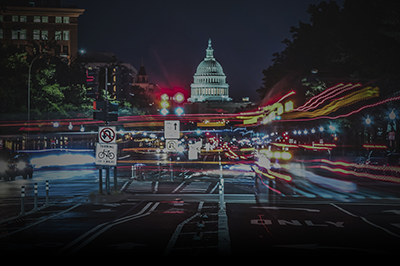Cybersecurity threats continue to rise rapidly as they gain complexity. The best way to stop an attack is to prevent one through individual behavior. Education and awareness are important tools to protect company information and personal data from being compromised.
October is National Cybersecurity Awareness Month (NCSAM). Every year, the National Cyber Security Alliance partners with the U.S. Department of Homeland Security’s Cybersecurity and Infrastructure Security Agency (CISA) to educate Americans on how to protect against cyber threats and prevent attacks.
As a provider of critical cybersecurity solutions and support to government agencies, Peraton took part in the 2020 NCSAM by publishing a series of videos by Chief Information Security Officer (CISO) Jim Schifalacqua on how to #BeCyberSmart.
Schifalacqua’s Top 3 Tips:
1. Don’t store your passwords in your browser
There is a password for every website and every account—it can be hard to keep track of them all. One easy shortcut is to save your passwords to your Internet browser. The next time you visit a website, your browser can autofill the password. However, as Schifalacqua notes: “Browsers save a lot of things. And as we know, browsers pass a lot of information back to people you don’t know is getting that information. There is a possibility that that password can get extruded or actually can get into other people’s hands.”
2. Keep your data close
It is far too easy to share small bits of personal information through social media or other online platforms without thinking about it. It may seem harmless, but those pieces add up to paint a fairly complete portrait of who you are. Schifalacqua recommends you pause before posting and limit the recipients. “Once you give information, it’s hard to take it back,” Schifalacqua warns.
3. Try to maintain privacy while working from home
It can be difficult to find a quiet work station away from the rest of your home and whomever else you may be living with. But creating a distinction between office life and personal life is important. Mixing your devices can create data risks because the protections and firewalls will likely be different on each. As Schifalacqua notes, it is generally good for your mental health to have that separation anyway.
Learn more about Peraton’s cybersecurity offerings.





